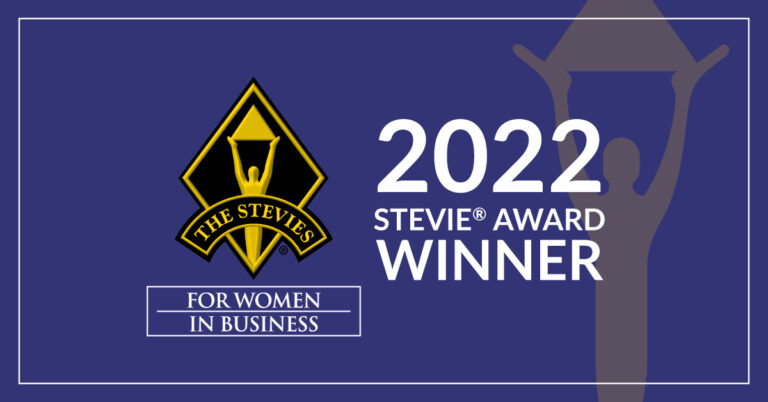A few weeks ago I talked about one of my clients, a growing global organisation who needed to grow the management team with the organisation. One of their biggest challenges was retaining talented employees.
Paul was one of the senior people I was asked to work with.
For a fast-growing organisation, Client Services is a critical function. The board didn’t feel Paul was ready to direct the whole function at a strategic level – in fact, they had recently appointed a Strategic Director – but Paul’s boss, the CEO saw great potential for him to grow into that role. He sensed that Paul wasn’t totally happy and wanted to do what he could to retain and develop him.
That’s why I was hired as a coach for him.
Paul is a highly experienced, switched-on Account Manager. He and his team are responsible for delivering million pound projects to some of the biggest and most well-known businesses you can imagine. He’s ambitious, with a growing family in London. But recognition and status are more important to him than money.
When I first met him he was agitated and chaotic, bouncing from one thing to another and seemingly very frustrated with his work life. Paul really wanted to make it work at his company but he was quite prepared to leave if not. He was angry, hurt and disappointed that a new person had been brought in above him. And he was totally unimpressed with the way the new Strategic Director was operating. As a result, he was focussing on the operational aspects of his job that he could control and avoiding the more strategic aspects where he would have to engage with the new Director.
That’s typical of the situation that coaching can address in the context of talent management. It’s partly about leadership development but it’s not all about leadership development. It’s partly about career management. But it’s not all about career management. It’s about dovetailing the two together – developing a leader in a way that helps the organisation from a leadership perspective AND helps the individual from a career perspective. That’s the secret to retaining talented employees.
In Paul’s case, I helped Paul explore what he wanted from his career and identify what was already being delivered by his current role. I then encouraged him to think about what the organisation needed and how Paul’s career aspirations fitted with the longer-term vision and strategy. Next, he identified who the key stakeholders were and we discussed what they would need to see for Paul’s career aspirations to be realised.
One of the key things that came out of our discussions was Paul’s recognition that his relationship with the new Strategic Director was a critical one and his current behaviour was harming not helping him achieve his goals. So I helped him explore strategies and steps he could take to try and improve that.
Over the next 6 months, we worked through many different areas that Paul needed to address in order to deliver what the organisation needed and to develop his own role. They included managing non-performers, developing his team, displaying greater commercial understanding, strengthening his relationships with specific individuals and raising his profile with senior decision makers.
Had we just been doing leadership coaching, we’d have focussed purely on the organisation needs without addressing the underlying concerns Paul had around his career and place in the organisation.
Had we just been doing career coaching we’d have focussed purely on what Paul had to offer and the opportunities available to help him change his circumstances (probably by leaving the organisation).
But by doing “Talent Coaching” we were able to bring the two together and look at how Paul could realise his personal ambitions while meeting the needs of the organisation.
And the good news is he made great progress as judged by himself AND the organisation. He was much happier and more fulfilled at work. He felt confident he was doing a good job and working towards a clear purpose. And 6 months later the CEO promoted him to Strategic Director.
Just email me at antoinette@antoinetteoglethorpe.com if you’d like to talk about how Coaching might work for your organisation.



